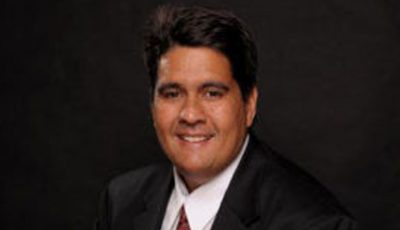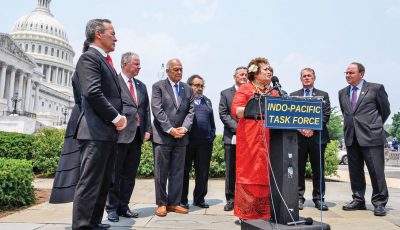In gas we trust, its trash we got
Oil earned our trust. In Texas in the ’60s, fossil fuel determined the economic health of the state, the rationale for its politics, and the texture of its culture. Romanticized cowhands in the ranch may have determined the couture on Northwest Highway Mall, but the faces under the derricks of sludge and smear were more representative of dudes in the Texas fields.
We point to the politics of oil as a major factor in wars fought since the last century, of small ones like East Timor and Biafra in Nigeria, or major ones like WWI and II. Oil in Libya, Tunisia, Algeria, Syria, Iraq and Iran fuels civil wars; the turmoil of the Middle East finds fossil fuel not a mere subterranean issue. Israel secures U$ interest in the region and Palestine the land of the Philistines of old has faded into Eratz Israel.
Arabs in the region outside Palestine let Israel deal with “gnats” in its backyard. Palestinians and Israel point to two historic documents as the source of differing perspectives on British vacillation: the Hussein-MacMahon correspondence and the Balfour Declaration.
After 72 hours of ceasefire, missiles are flying over Gaza and Israel again. Israel shows pictures of Hamas locating missiles in populated places like schools and cemeteries, getting Netanyahu to mouth a great PR piece: “Hamas uses its people to protect their missiles; we use our missiles to protect our people.”
Full-throated condemnation goes to both sides of the carnage inflicted on the civilian population, albeit a lopsided one. Israel can intercept missiles while projectiles from naval, air, and surface sources mercilessly decimates Gaza. The grossly unbalanced ratio on the attrition count reflects this reality. “Intolerable and unacceptable,” the United Nations and EU holler behind the safety of press conference microphones, but are helpless to do anything. Why? Because no one’s hand is clean.
Chinese workers have pulled out in places like Libya and Algeria, Cameroon and South Sudan; they staff oil production facilities. China needs oil, and Africa is the only “friendly” region that offers fair trade, though rebels had not been remiss in pressuring demand, and squeezing some blood off the supply. U.K. thought it was being fair in the partition, the U.S. was opportunistic in ensuring a non-Muslim ally in the Middle East. The sheiks from Kuwait to Oman love their royalties. Children of dirt poor-nomads pick up trash!
Our dependence on oil left us in a global chokehold. In the ‘67 movie The Graduate, college grad Ben received this advice: There’s a great future in plastics. Think about it. The organic polymer byproduct of petrochemicals was a boon on almost everything from preserving food to getting lighter but sturdier material for tools and appliances. Well, it proved to be more than we bargained for.
In the early ’80s, in the Marshall Islands, I made Arno east and Wotje north of Majuro. Arno was a close neighbor to urban Majuro so swimming in the atoll and running into plastic, something I expected from Kwajalein’s Ebeye, was regrettable but not surprising. It was in the pristine waters of Wotje while I was enjoying a quiet late afternoon snorkeling when a plastic diaper slowly drifted by. Pampers did brisk business.
In the ’80s, America’s honeymoon with plastic came unwrapped. China’s scavengers on U.S. trash that led to its export (containers of products shipped from China were returning empty so sending them back to China full of trash was convenient at both ends) gave America’s landfills momentary relief. But plastics take thousands of years to biodegrade, and in the planet from Micronesia to London, Sydney to Toronto, Tuvalu to Maldives, litter became a sore sight.
In 2007, China quit trashing rubbish from the U.S. Its import disposal along with those of its own consumers’ garbage became its cities’ environmental contradiction. Provinces that received a lion’s share of the previous U.S. waste ignored countryside aesthetics and added toxic contaminants to its soil and water.
The strength of polymers comes from organic solids added to it. We now alert cooks of the harm of plastic containers in our food when heated in microwaves, more so when additives turn toxic at certain temperatures. Also, our incinerators exude deadly poisons into our haze and cloud, adding hydrocarbons into the biosphere, and carcinogens into our lungs.
I think the graduate in the ‘67 movie (“plastic” became synonymous with fake and unreal), were he around today, would realize that the antics of Mrs. Robinson was mere play compared to the threat of massive trash that plastic brought us.
We are drowning in global wars triggered by quarrels over oil fields, we trashed the planet through polymer byproducts, and our incinerators cause our rains to drop acid. There’s no turning back; we are now learning to live with, and perhaps, evolve from, our trashy misbehavin’, more serious than the Mrs. Robinson variety.
Trust in gas? Nah.



























